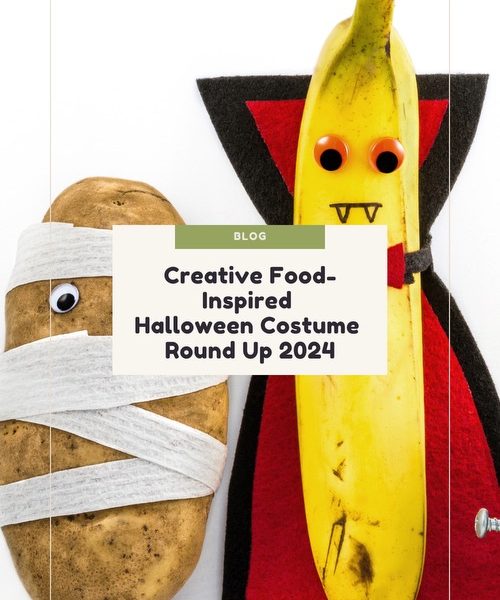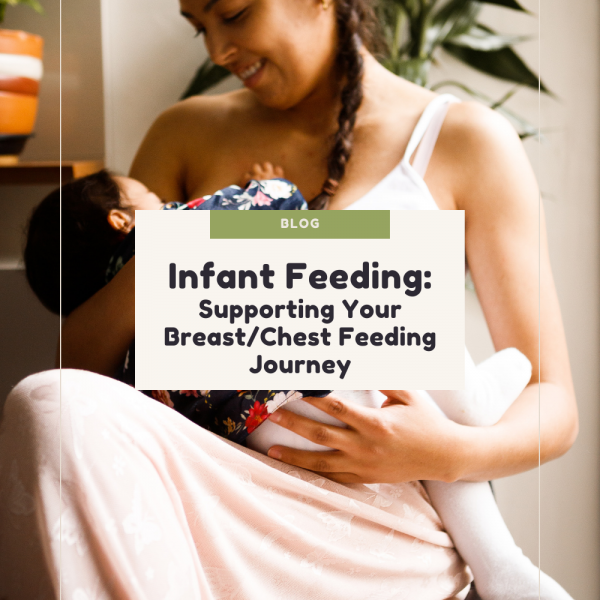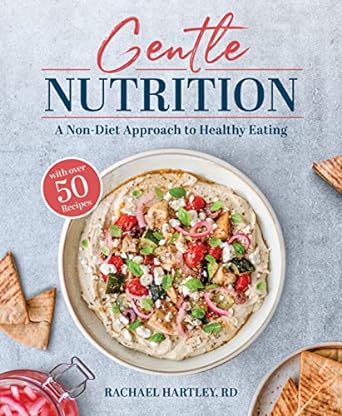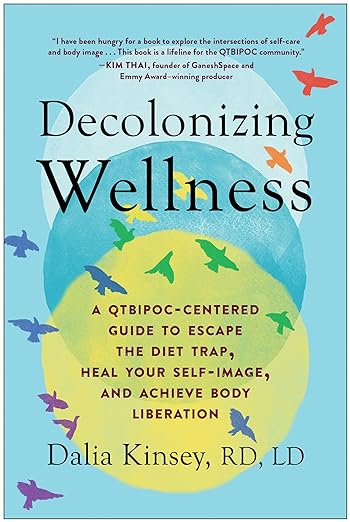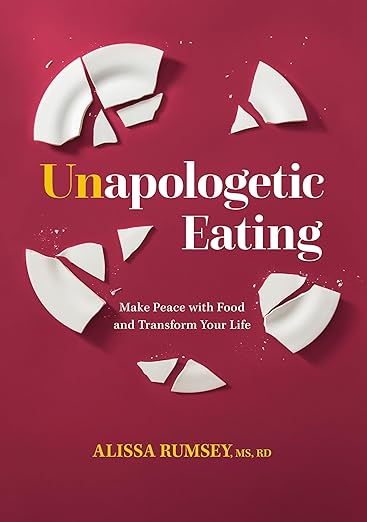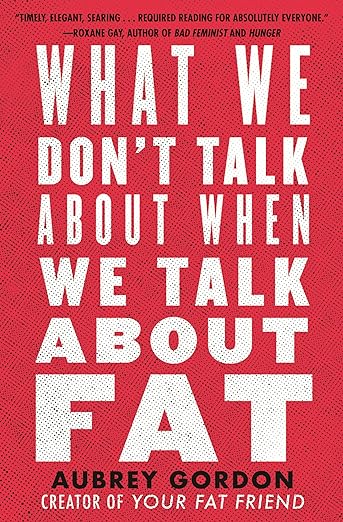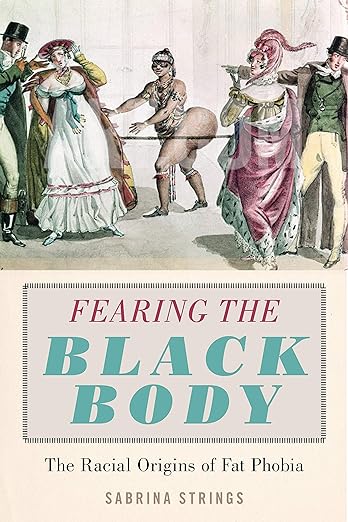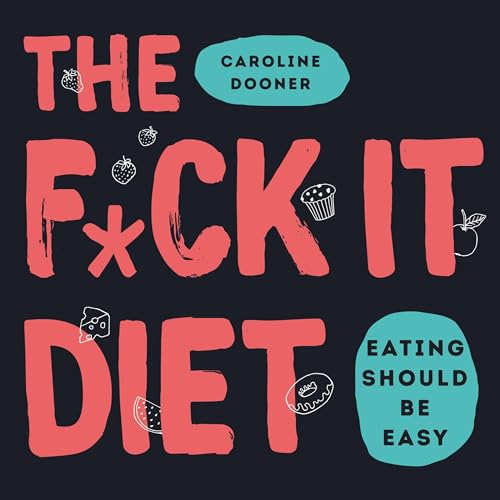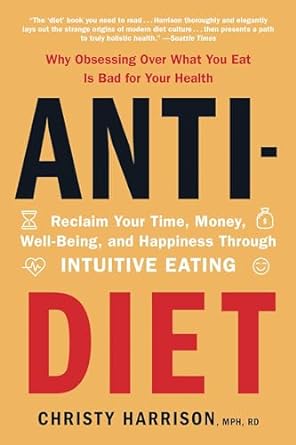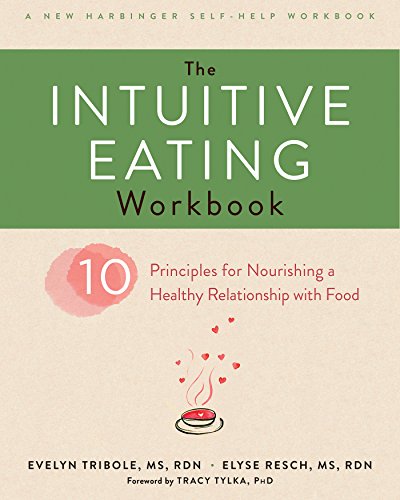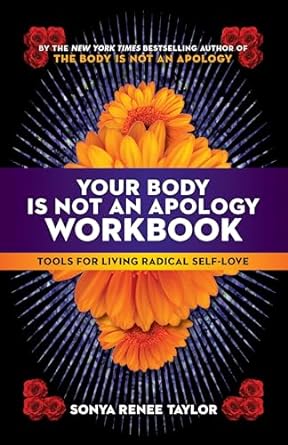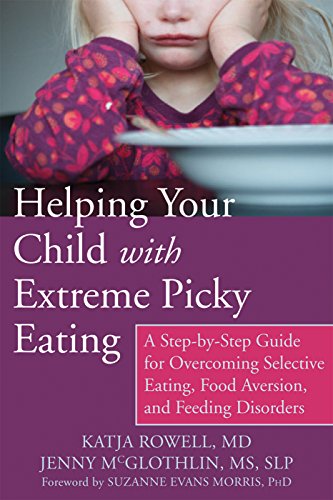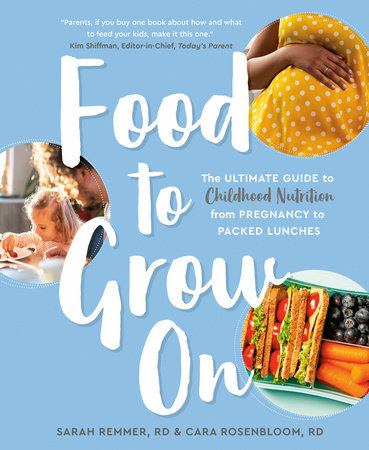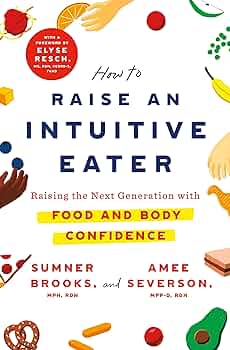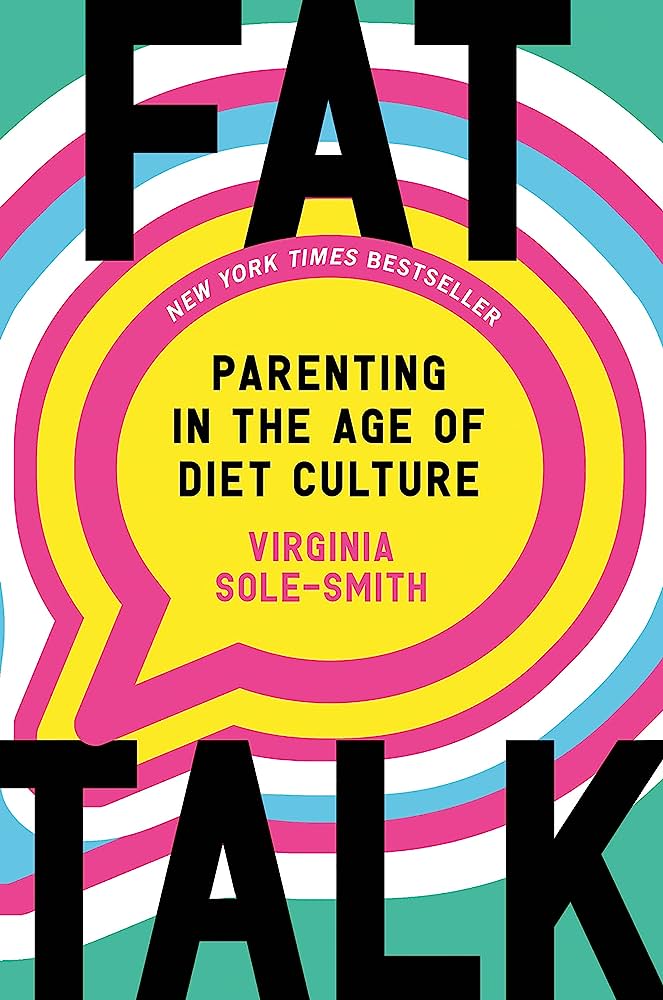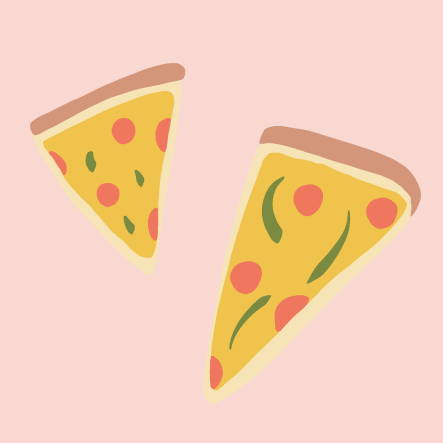
Take Aways
- There is no benefit to starting solids before they are showing all signs of developmental readiness
- Before starting solids, know the difference between gagging and choking
- First 5 foods to offer
How do I know when my baby is ready to start solid foods?
Babies will show developmental signs of readiness for starting solid foods typically around 6 months of age and no earlier than 4 months of age. Every baby is different, it is okay if they are not quite ready at 6 months.
Signs that your baby is ready to start eating solid foods:
- Can sit and hold their head up
- Trunk stability and food head control
- Can watch and track a spoon and can open their mouth for a spoon
- Don’t push food out of their mouth with their tongue
- Can bring their hand to their mouth
- Can turn their head away and let you know when they are full
- Lean forward and open their mouth for food
Trunk Strength
Babies must have proper trunk strength and support before they start solid foods. This is so your baby can initiate a strong and safe swallow and decrease the risk of choking. When your baby can sit on their own this means they likely have the strength and development to start to swallow safely.
Reflex
Babies are born with strong reflex to ensure they do not swallow solid foods (or items) before they are ready. The reflex is at the front of the tongue, around 6 months of age the reflex ‘moves back’ on the tongue so that a baby does not push food out when solid foods initially enter their mouth. This means they are likely ready to start eating solid foods.
There is little benefit to starting solid foods before they are ready. There is research to suggest that starting solid foods before a baby shows signs of readiness may negatively impact their feeding behaviour and relationship with food. Let your baby show you when they are ready to start eating solid foods.
Okay! My baby is showing me they are ready – now what?
Safety when Starting Solids
Let’s talk about safety first. First off, make sure you have a proper high chair for your baby to start solid foods in. It is recommended that high chairs have a footrest, this allows your baby to have proper posture so they can complete a strong and safe swallow.
Gagging vs Choking
When your baby is learning how to eat solid foods they may likely gag and could choke. It is important to understand the difference between the two so you can respond accordingly.
Gagging is a normal reflex in all ages that protects us from choking. Gagging when babies first start solid foods is very common and is not to be of concern. The gag reflex is quite sensitive for babies between 6-10 months, as they learn to eat solid foods their gag reflex will be desensitized.
When babies gag it is quite audible, they will make noise and likely bring food out of their mouth on their own. If your baby is making noise, they are likely not choking. It is not recommended to interact or interfere if your baby gags. It is not recommended to put your fingers into your baby’s mouth to remove food, this may push food further in their throat and cause choking.
Choking is a serious and life-threatening event that requires first aid or emergency response. If your baby is choking they will likely not be making noise, the face may turn dark red or blue, eyes likely widened. We recommend looking into a first aid refresher online or in your community so you can confidently respond if your infant or child experiences a choking incident.
How do I prevent choking?
Ensure that your baby is developmentally ready for solid foods.
Avoid serving small, round food items such as whole beans, nuts, coin-cut carrots or popcorn. Serve soft foods or cut food into long strips, around the size of an adult index finger. For example, mashed sweet potatoes or ripe avocado cut into quarters.
Always ensure there is adequate supervision when your child is eating so you can react quickly if they do have a choking incident.
First 5 Solid Foods to Introduce:
When your baby is first starting solid foods, they will likely eat a few bites. They are learning a new skill and being exposed to new flavours and textures.
First foods to try:
- Iron-fortified infant cereal – babies need more iron around 6 months of age. Infant cereal can also be made with breast milk or formula so it includes a familiar flavour
- Baked sweet potato without the skin
- Avocado
- Banana
- Well-cooked pureed or very soft meats, poultry or legumes
Are you ready to learn more about starting solids and transitioning to toddler nutrition?
Work with a registered dietitian to help guide and support you and your family in their feeding journey.
Disclaimer
Information provided by our dietitians is for general education and is not medical advice.
